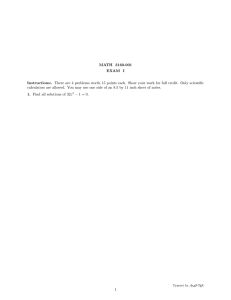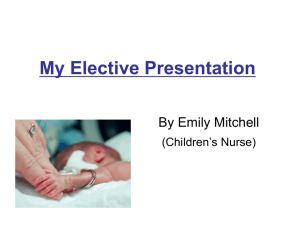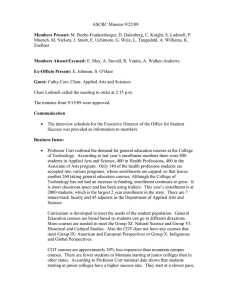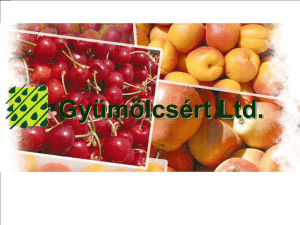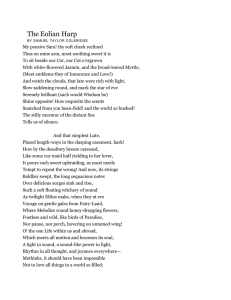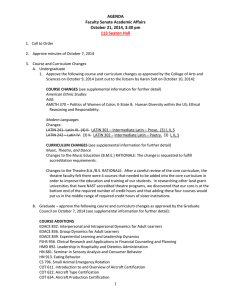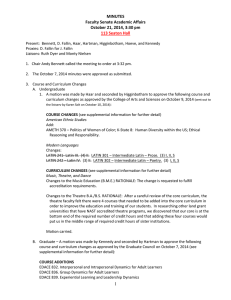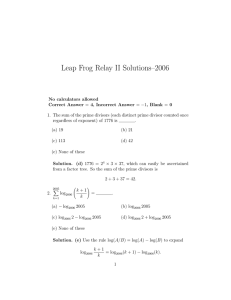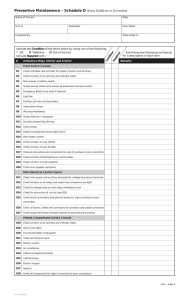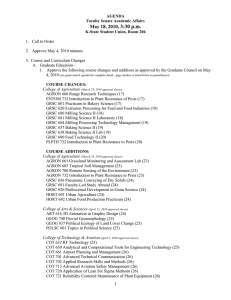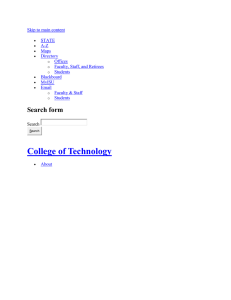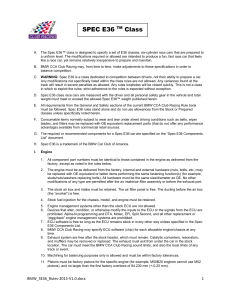INTRODUCTION TO TECHNICAL WRITING Course Syllabus Instructor: Required Materials:
advertisement
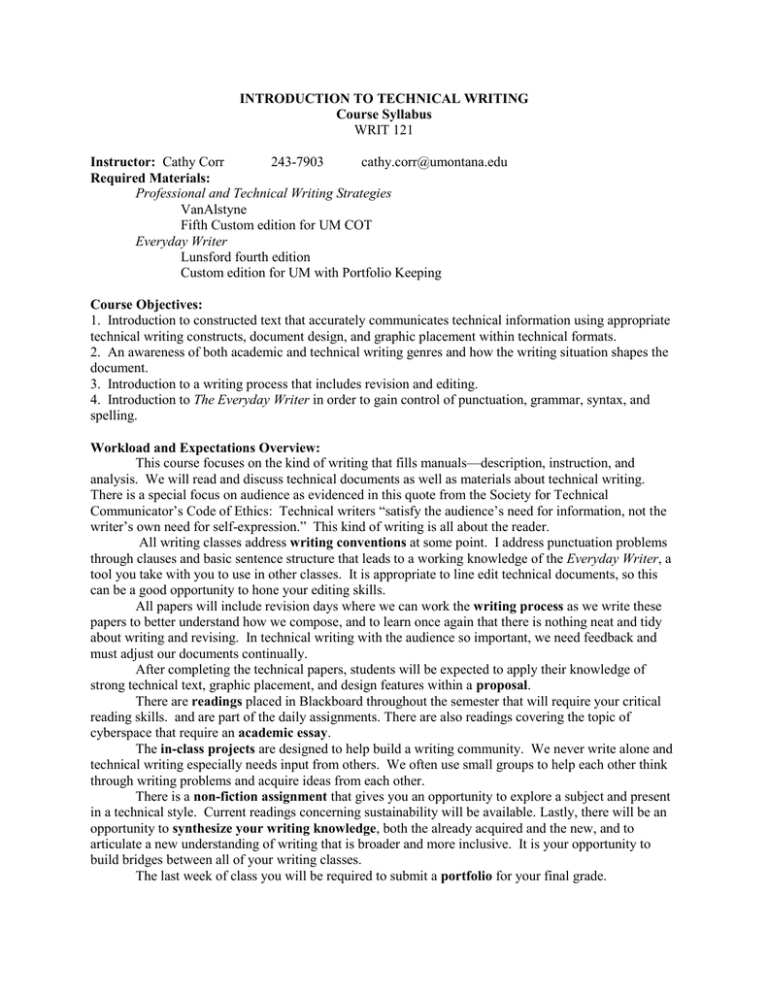
INTRODUCTION TO TECHNICAL WRITING Course Syllabus WRIT 121 Instructor: Cathy Corr 243-7903 cathy.corr@umontana.edu Required Materials: Professional and Technical Writing Strategies VanAlstyne Fifth Custom edition for UM COT Everyday Writer Lunsford fourth edition Custom edition for UM with Portfolio Keeping Course Objectives: 1. Introduction to constructed text that accurately communicates technical information using appropriate technical writing constructs, document design, and graphic placement within technical formats. 2. An awareness of both academic and technical writing genres and how the writing situation shapes the document. 3. Introduction to a writing process that includes revision and editing. 4. Introduction to The Everyday Writer in order to gain control of punctuation, grammar, syntax, and spelling. Workload and Expectations Overview: This course focuses on the kind of writing that fills manuals—description, instruction, and analysis. We will read and discuss technical documents as well as materials about technical writing. There is a special focus on audience as evidenced in this quote from the Society for Technical Communicator’s Code of Ethics: Technical writers “satisfy the audience’s need for information, not the writer’s own need for self-expression.” This kind of writing is all about the reader. All writing classes address writing conventions at some point. I address punctuation problems through clauses and basic sentence structure that leads to a working knowledge of the Everyday Writer, a tool you take with you to use in other classes. It is appropriate to line edit technical documents, so this can be a good opportunity to hone your editing skills. All papers will include revision days where we can work the writing process as we write these papers to better understand how we compose, and to learn once again that there is nothing neat and tidy about writing and revising. In technical writing with the audience so important, we need feedback and must adjust our documents continually. After completing the technical papers, students will be expected to apply their knowledge of strong technical text, graphic placement, and design features within a proposal. There are readings placed in Blackboard throughout the semester that will require your critical reading skills. and are part of the daily assignments. There are also readings covering the topic of cyberspace that require an academic essay. The in-class projects are designed to help build a writing community. We never write alone and technical writing especially needs input from others. We often use small groups to help each other think through writing problems and acquire ideas from each other. There is a non-fiction assignment that gives you an opportunity to explore a subject and present in a technical style. Current readings concerning sustainability will be available. Lastly, there will be an opportunity to synthesize your writing knowledge, both the already acquired and the new, and to articulate a new understanding of writing that is broader and more inclusive. It is your opportunity to build bridges between all of your writing classes. The last week of class you will be required to submit a portfolio for your final grade. Grading Scale: 94-100 A 93-90 A- 87-89 B+ 86-83 B 82-80 B- 77-79 C+ 76-73 C 72-70 C- Course Policies There will be no opportunity to “make-up” tests, quizzes or in-class assignments that are not turned-in during the designated class period. This make-up policy is applied at the discretion of the Instructor. Attendance is an expectation. Students who do not attend class do not perform as well as students who do attend class. Format of all works produced will depend upon the specific assignment. All final drafts must be word processed. Do not put writing assignments in folders or binders; staple them in the upper, left hand corner. Save everything to disc for your own protection. Plagiarism of any sort will result in a course grade of F. The U of M’s student Conduct Code defines plagiarism as “representing another person’s words, ideas, data, or materials as one’s own.” Students may be asked for their research or sources at any time. Disability Services: Students with disabilities are provided accommodations upon presenting the proper verification. Come see me. WTS writing curriculum is in transition. The COT is part of the UM system and the student populations attending all the campuses are diverse and dynamic. As UM at large and COT specifically continue to grow, the faculty must address the needs of these varied populations. COT’s Department of Applied Arts and Sciences and the writing curriculum in particular are facing exciting and varied curricula and pedagogical challenges. The changes reflect current research and conversation going on in the discipline of rhetoric and composition that dynamically act as an evolving ‘answer’ to the needs of the COT students as well as responding to administrative directives. Students are invited to participate in the ongoing course development and to assess changes in the writing curriculum and instruction.
